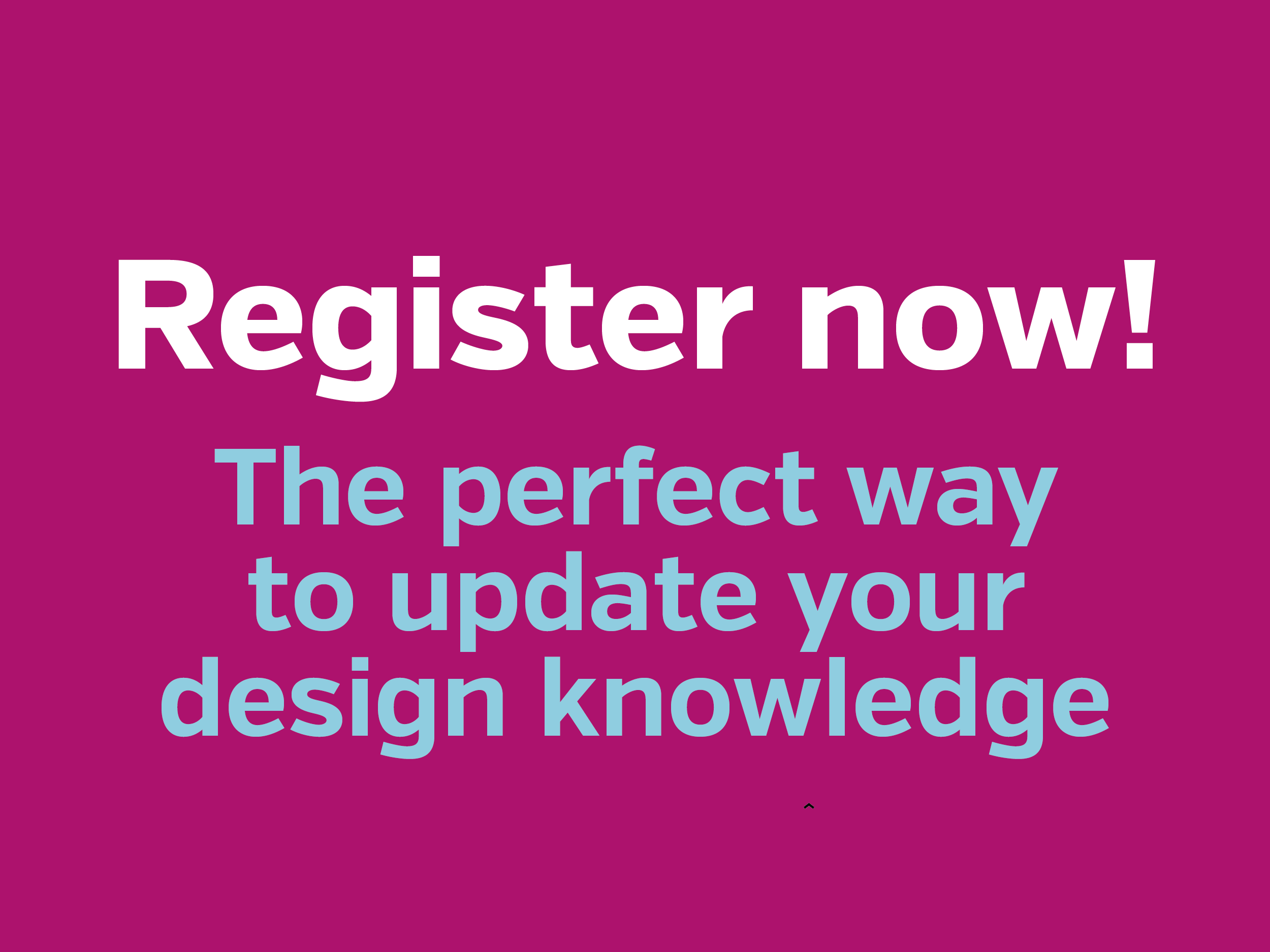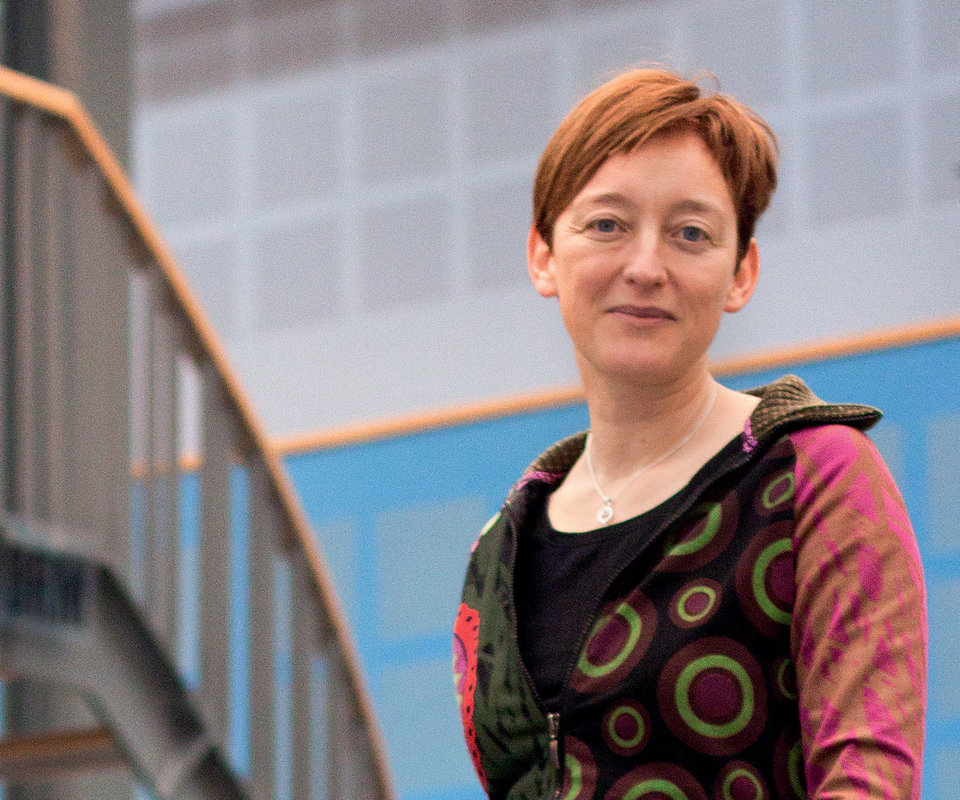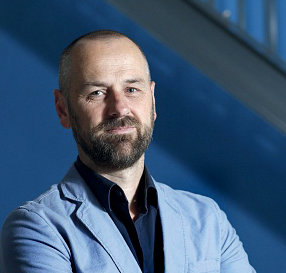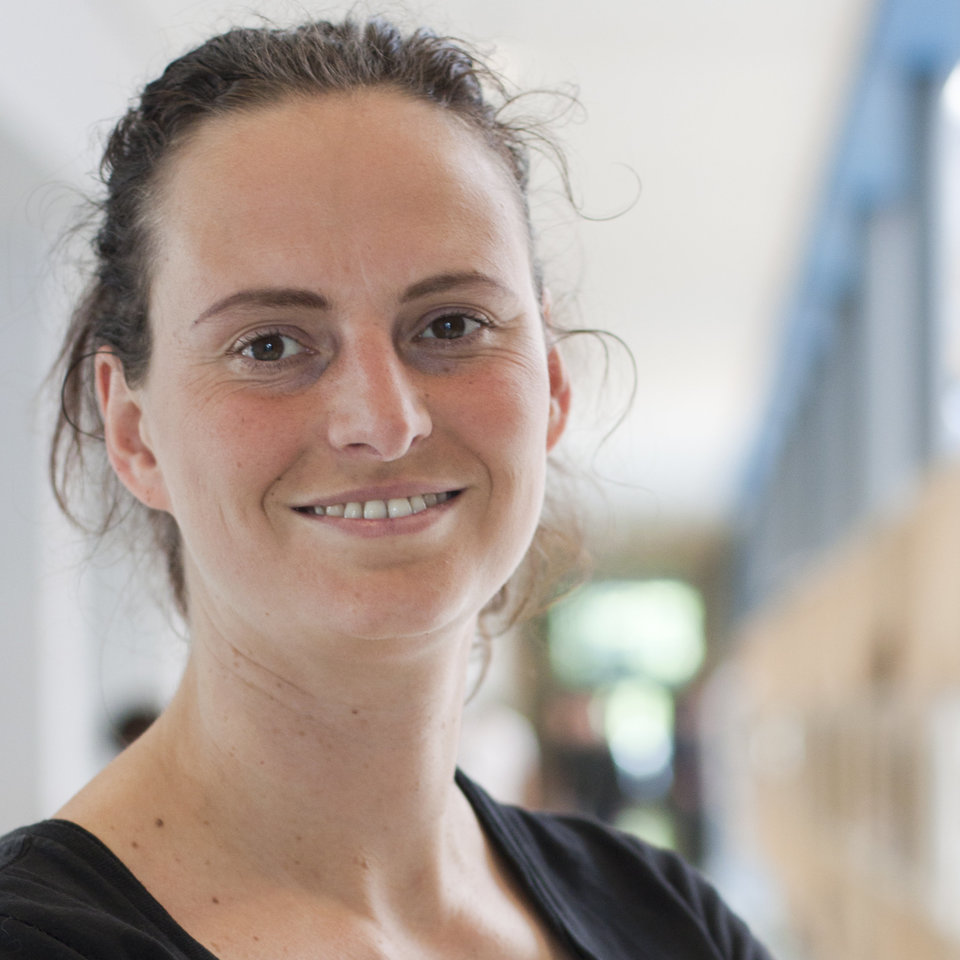Design for the Circular Economy
Understanding the complexities of designing for a circular economy
International companies see the move towards a circular and sustainable economy as a complex but necessary challenge. This Master Class helps you understand this thinking and the role you can play in responding to this challenge.
The Master Class hosts a mixture of interactive tutorials and workshops with the aim of plunging you into the theory and practice of designing for a circular economy. The decision to embed circular economy principles is a strategic business decision; this has a huge impact on the way products are developed and designed. The MC addresses the social and technical implications for product design using examples from practice, and provides design approaches that are embedded in theory whilst being pragmatic and usable for designers.
Curriculum
Learning Objectives
During this master class, you will learn to:
- understand the systems-perspective needed for the transition to a circular economy;
- understand how design can contribute to a circular & sustainable economy;
- use tools and techniques to implement circular economy principles in design processes;
- reflect on ways to overcome the barriers for going circular.
Content
- Theory and practice of designing for a circular economy;
- Circular product design tools and methods.
Speakers
Programme
| 9:00 | Registration and Welcome drinks |
| 9:30 | Introduction Getting to know each other |
| 10:00 | Circular Economy, theory & practice Conny Bakker Explore the core values of circular design for business, and how circular requirements impact design. |
| 10:45 | Break |
| 11:15 | Workshop - Going Circular - The long view - Part 1 in teams “Designing for a circular economy means we should design beyond the first customer.” Develop a circular business proposition for your case. Plan a cascade from ‘service’ and ‘refurbish’ loops to ‘parts harvesting’ and ‘recycling’ loops. |
| 13:00 | Lunch at the Faculty of Industrial Design Engineering |
| 14:00 | Workshop - Going Circular - The long view - Part 2 in teams Finalize the development of a circular business proposition for your case. Focus in particular on customer experience (first user, second user, etc) and the related value propositions. Prepare a short pitch. |
| 15:45 | Break |
| 16:15 | Value recovery strategies Bas Flipsen Explore different value recovery strategies such as repair, refurbish, remanufacture, recycle. Discuss role of reverse logistics, product modularity, disassembly. |
| 17:00 | Plenary feedback & discussion, wrap-up |
| 17:30 | End of the first day |
| 9:00 | Workshop - circular product design Bas Flipsen Define a product architecture which fits the circular business propositions. Assessing and redesign of a case-product on modularity and disassembly, by means of a teardown, and hotspot and disassembly mapping. |
| 12:30 | Lunch at the Porceleyne Fles |
| 13:30 | Workshop - Circular Impact Ingrid de Pauw and Bram van der Grinten Review and compare economic value creation by implementing different circular strategies using the circularity calculator. |
| 16:30 | Closing Debate - How to implement insights into business practice Role of Design |
| 17:30 | Closing and Drinks |
Practical Information
How to prepare
Read a 12-page case study prior to the master class. If you want, you can bring a relevant case from your own practice to class.
After the course
Two months after the course, a pre-set consultation timeslot will be offered to all participants to share experiences and ask questions to the IDE Master Class. The format and the timing will be discussed with the participants during the IDE Master Class.
Costs Master Class
| € 950 | standard |
| € 850 | for members of BNO, KIVI IO, HumanFactorsNL |
| € 750 | for IDE alumni |
Courses are VAT-free
Lunch, drinks, material and book are included
Reduction
| € 100 | for each additional Master Class per organisation in 2024 |
| € 100 | if you register before 01 February |



